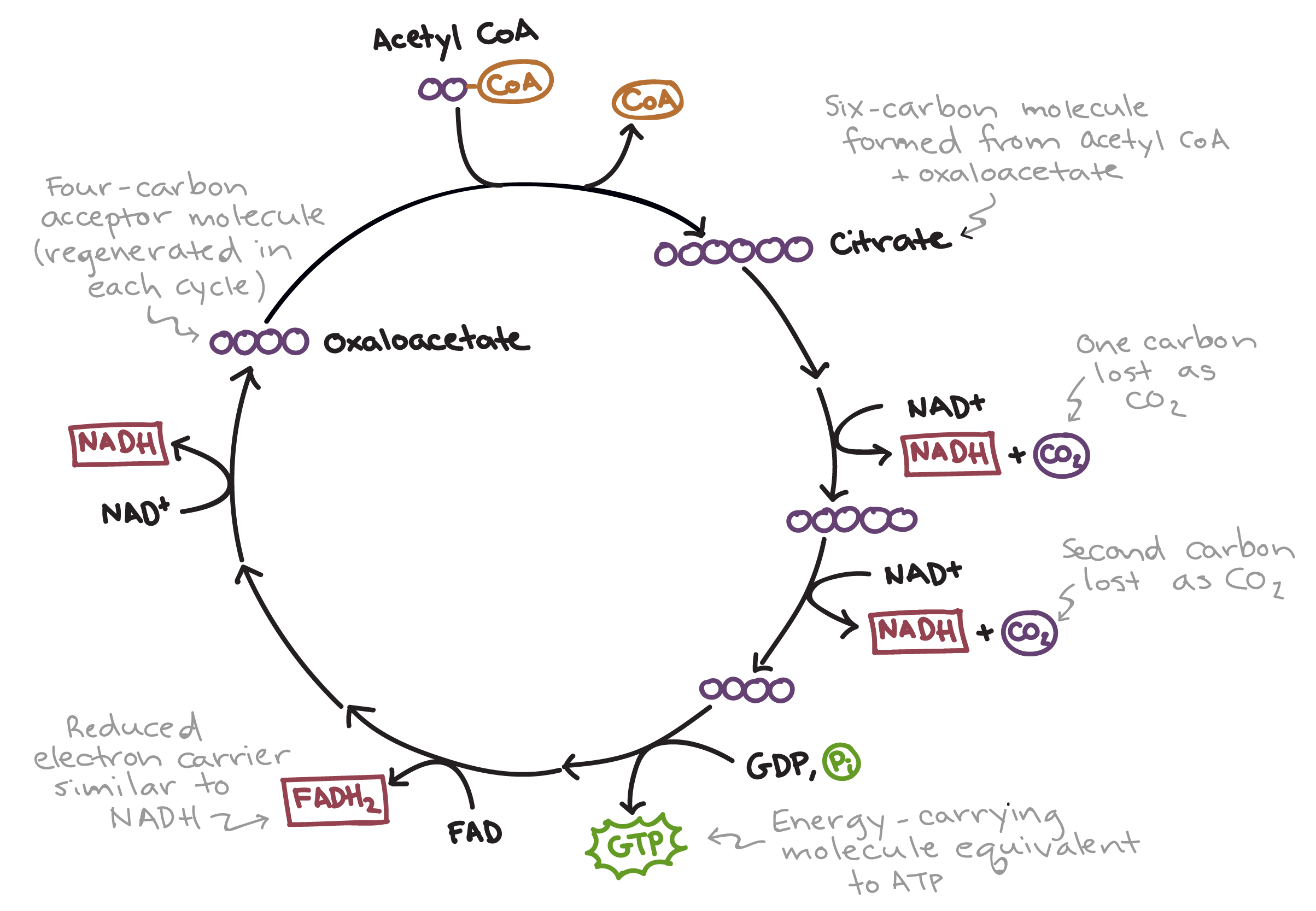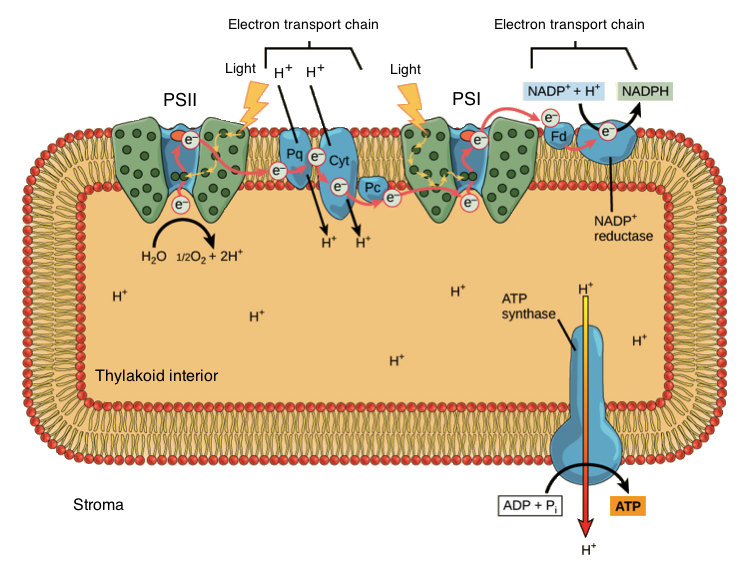What is figure B?
Grana
Photosynthesis occurs in this structure of a plant cell.
Chloroplast
This type of fermentation occurs when there is no oxygen present after glycolysis and our muscles overexert themselves.
Lactic Acid Fermentation
An organism that can make its own food by synthesizing organic nutrients from inorganic materials is called this.
Autotroph
Cellular respiration uses one molecule of glucose to produce this many ATP molecules.
38
Which process is Pathway C?
Glycolysis
Light-dependent reactions take place in this region.
Thylakoid
Heat
Plants gather the sun’s energy with light-absorbing molecules called this.
Thylakoids
Glycolysis provides a cell with a net gain of this many ATP.
2
This diagram is showing an experiment calculating the rate of this reaction.
Photosynthesis
The Calvin cycle takes place in this region.
This process of cellular respiration occurs in the cytoplasm of the cell.
Glycolysis
Most plants appear green because chlorophyll does not absorb this color light.
Green
The Krebs cycle provides the cell with this many ATP molecules.
2

One glucose molecule needs to be broken down by this process by it going through this many cycles.
Two
In the overall equation for photosynthesis, six molecules of carbon dioxide result in one molecule of this substance.
The starting molecule for the Krebs cycle is this molecule.
Pyruvic Acid
This process of photosynthesis does not require sunlight in order to proceed.
Calvin Cycle
ATP is formed in the light dependent reactions by this spinning enzyme.
ATP synthase

This image shows the last step in this process.
Photosynthesis
This is the name of the enzyme that binds to carbon dioxide in the Calvin cycle to make a 6-carbon molecule.
These two co-enzymes help to carry high-energy electrons into the electron transport chain.
NADH and FADH2
Photosynthesis uses sunlight to convert water and carbon dioxide into this.
Oxygen and glucose
ATP stands for....
Adenosine Triphosphate